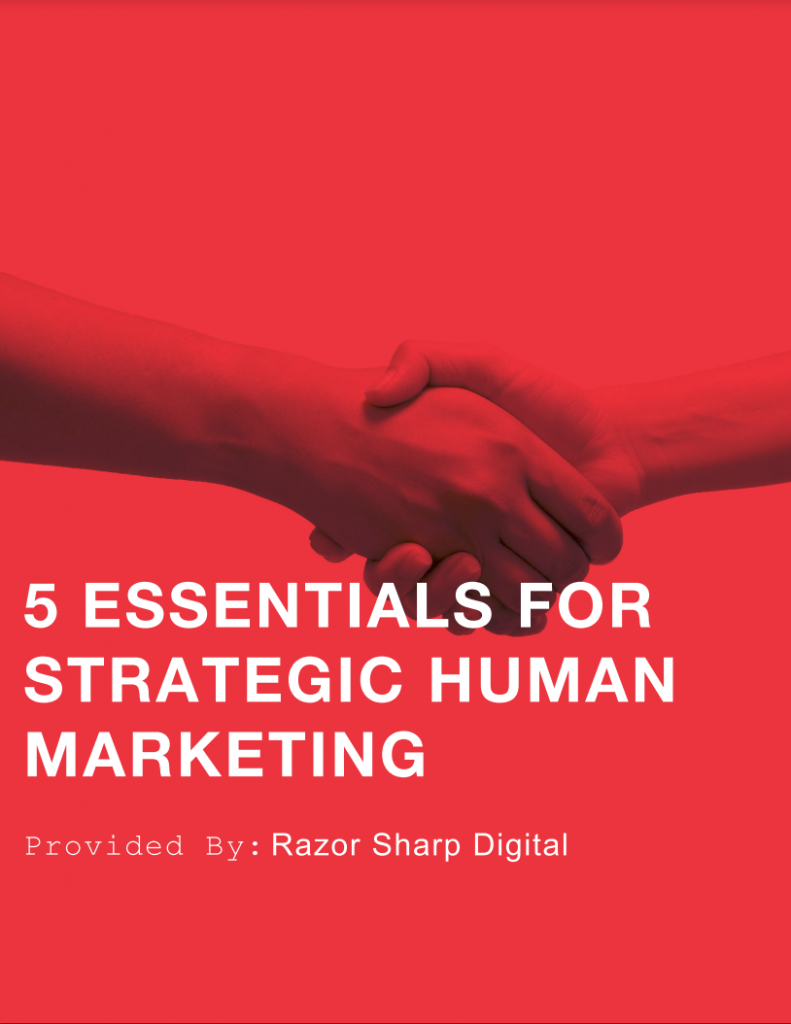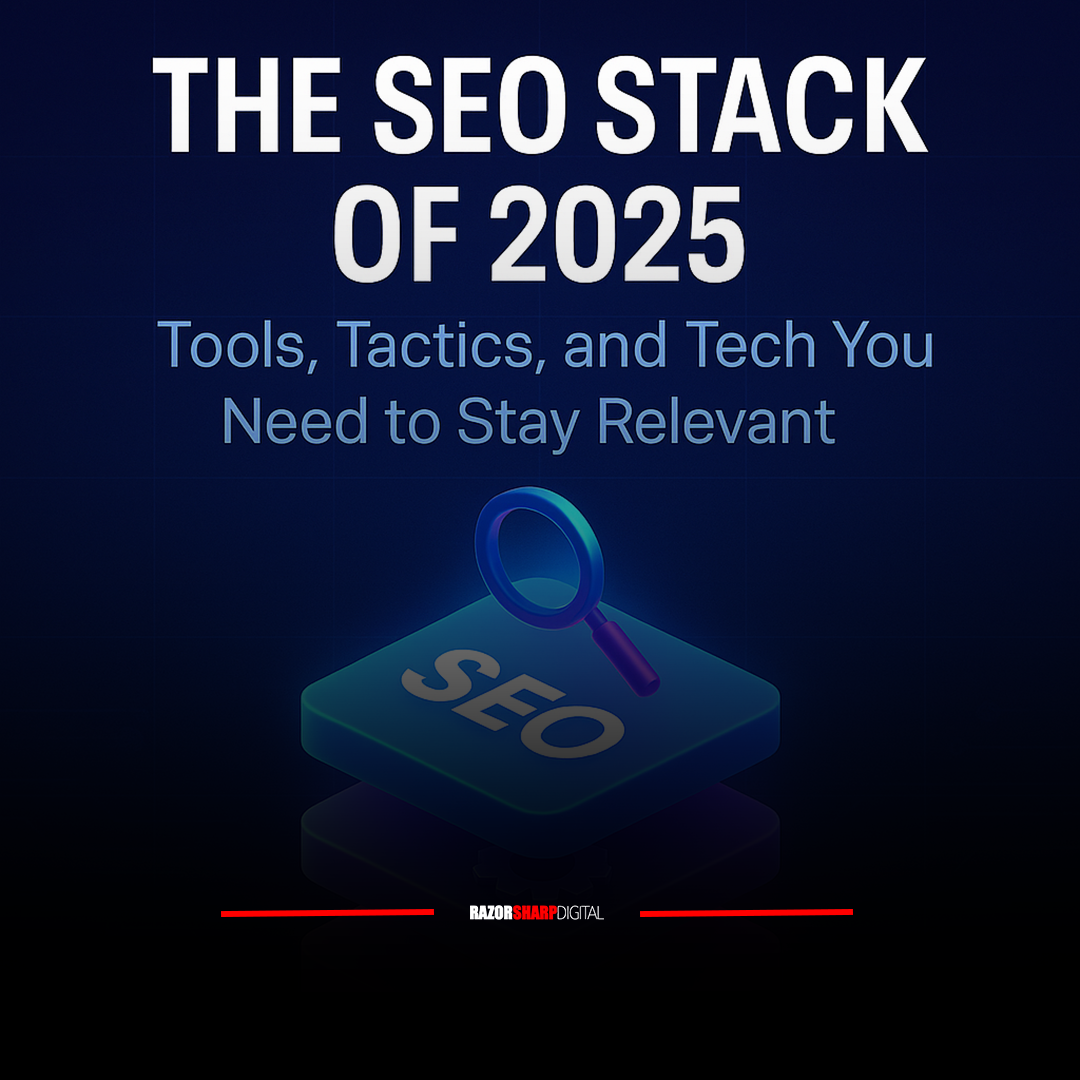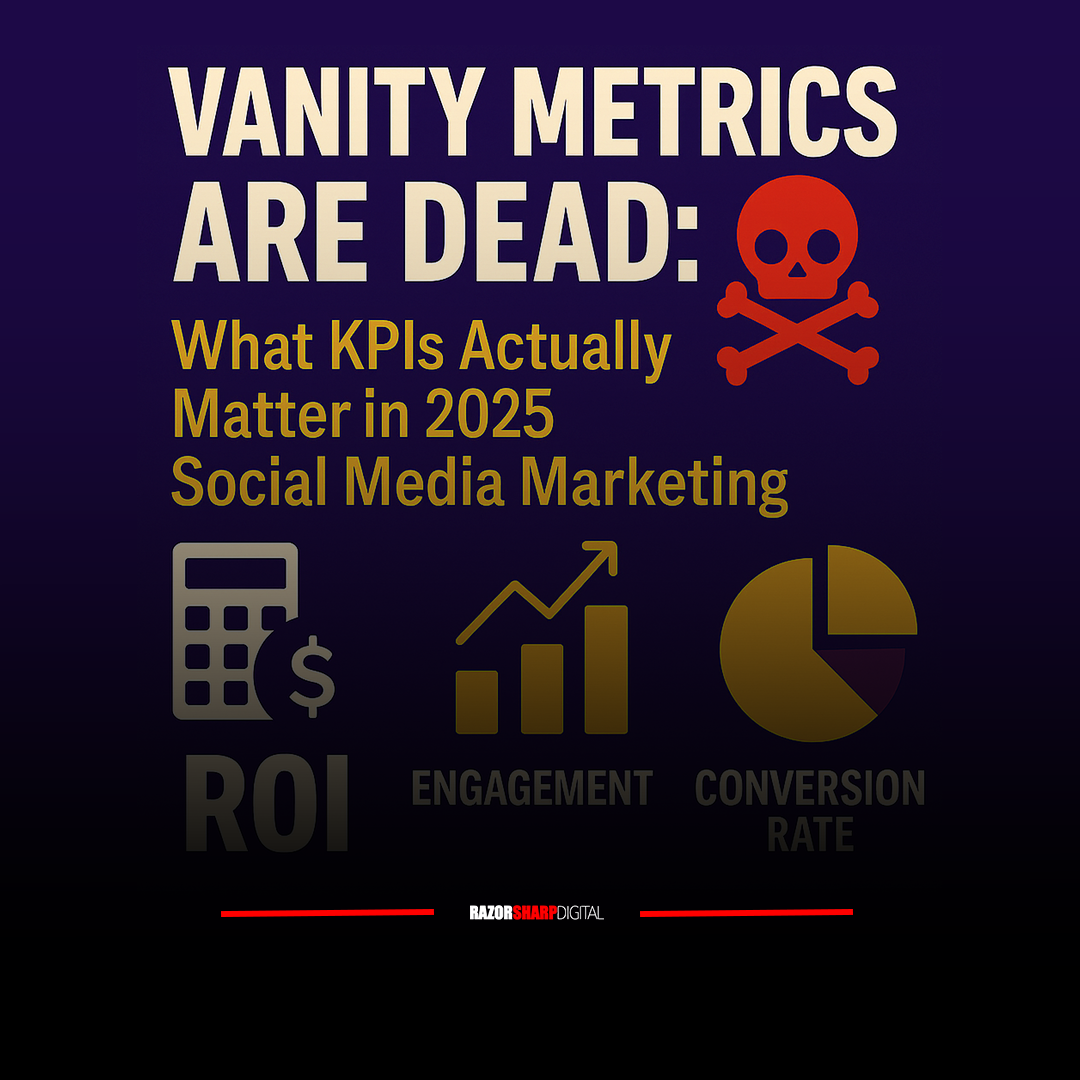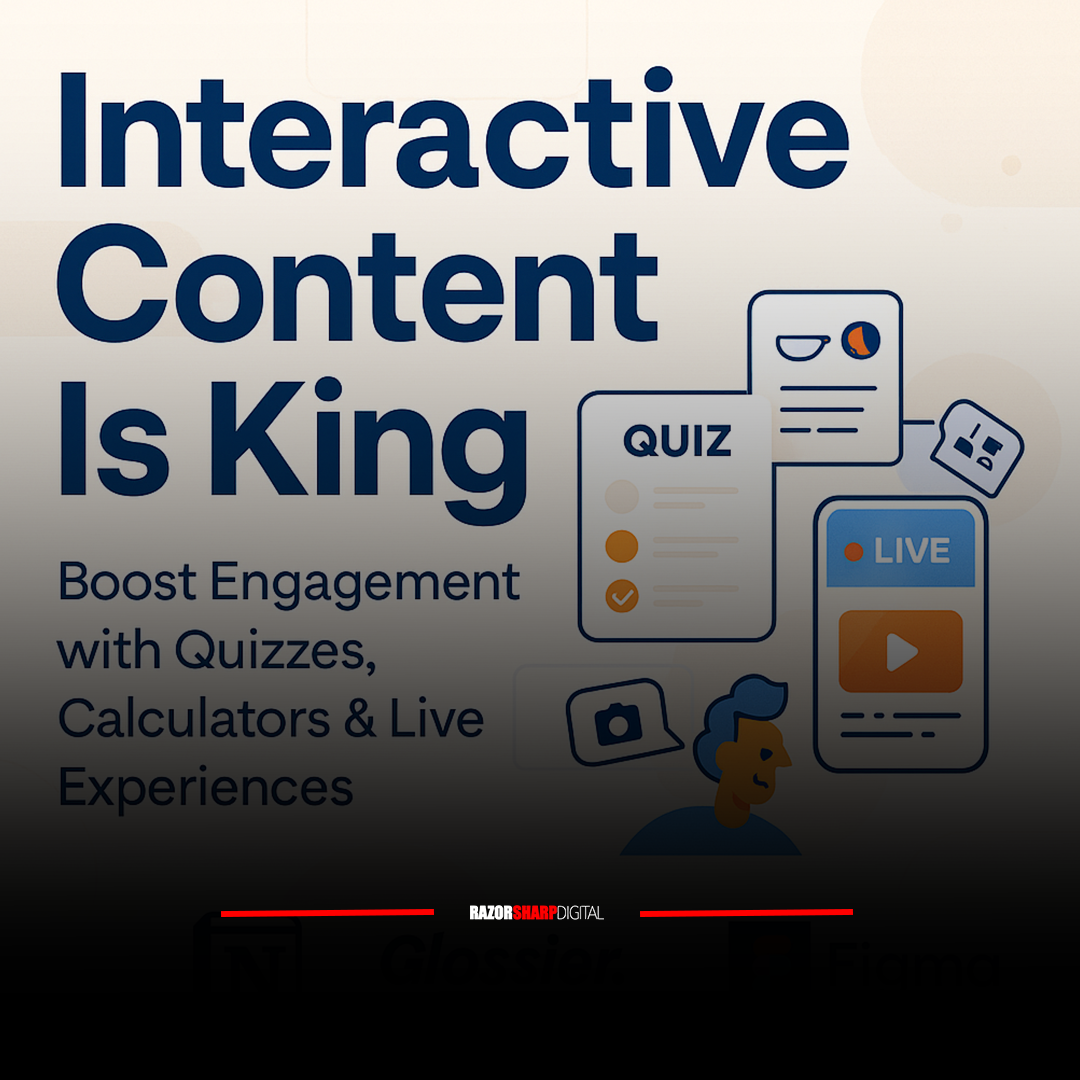Mastering Personalization: How to Tailor Your Digital Marketing Strategies for Individual Audiences
Personalization has become a cornerstone of successful marketing strategies. By leveraging data analytics, creating targeted content, and implementing dynamic email marketing campaigns, businesses can tailor their marketing efforts to suit the unique preferences and behaviors of individual audiences. Learn how to create personalized content for your specific target audience.

One-size-fits-all marketing approaches are no longer effective. Consumers expect personalized experiences tailored to their specific needs and preferences. With advancements in data analytics and technology, businesses have unprecedented opportunities to deliver customized content and messages to their audience.
Mastering personalization in digital marketing has become a crucial strategy for driving engagement, fostering customer loyalty, and ultimately, achieving business success.
Understanding the Importance of Personalization
Personalization in digital marketing involves crafting unique experiences for individual consumers based on their behaviors, interests, demographics, and past interactions with your brand. It goes beyond simply addressing customers by their first name in an email; it’s about delivering relevant content and offers that resonate with them on a personal level.
Studies have shown that personalization can significantly impact consumer behavior. According to a study by Epsilon, 80% of consumers are more likely to make a purchase when brands offer personalized experiences. Furthermore, research from Accenture found that 91% of consumers are more likely to shop with brands that provide relevant offers and recommendations.
Leveraging Data Analytics for Personalization
Data analytics lies at the heart of successful personalization strategies. By collecting and analyzing customer data, businesses can gain valuable insights into their audience’s preferences, behaviors, and purchasing patterns. This data can then be used to segment audiences into distinct groups and tailor marketing efforts accordingly.
One effective approach to leveraging data analytics for personalization is through customer segmentation. By dividing your audience into segments based on factors such as demographics, psychographics, and purchasing history, you can create targeted marketing campaigns that resonate with each group.
For example, an e-commerce retailer may segment their audience into categories such as new customers, loyal customers, and frequent purchasers. They can then tailor their marketing messages and promotions to each segment, offering incentives to new customers to make their first purchase and rewarding loyal customers with exclusive discounts or rewards.
Creating Targeted Content
Once you’ve segmented your audience, the next step is to create content that speaks to each group’s specific needs and interests. This could include personalized product recommendations, relevant blog posts or articles, and targeted email campaigns.
When creating targeted content, it’s essential to consider the unique preferences and behaviors of each audience segment. For example, if you’re targeting millennials, you may want to focus on visual content such as videos and infographics, whereas an older demographic may prefer longer-form written content.
Personalized product recommendations are another effective way to engage with your audience. By analyzing past purchase history and browsing behavior, you can suggest products that are likely to appeal to each individual customer. This not only enhances the shopping experience but also increases the likelihood of conversion.
Implementing Dynamic Email Marketing Campaigns
Email marketing remains one of the most effective channels for personalized communication with your audience. Dynamic email marketing allows you to create highly personalized email campaigns that automatically adapt to each recipient based on their preferences and behaviors.
One way to implement dynamic email marketing is through behavior-based triggers. For example, if a customer abandons their shopping cart without completing a purchase, you can send them a personalized email reminding them to complete their transaction and offering a discount or incentive to entice them back.
Another effective strategy is to personalize the content of your emails based on the recipient’s past interactions with your brand. For example, if a customer has previously purchased a specific product category, you can tailor future email campaigns to feature similar products or related accessories.
Personalization has become a cornerstone of successful marketing strategies. By leveraging data analytics, creating targeted content, and implementing dynamic email marketing campaigns, businesses can tailor their marketing efforts to suit the unique preferences and behaviors of individual audiences.
Ultimately, personalized marketing not only enhances the customer experience but also drives engagement, fosters loyalty, and boosts sales. By investing in personalization, businesses can build stronger relationships with their customers and stay ahead of the competition in an increasingly crowded marketplace.
Let’s create custom-tailored digital marketing strategies for your business and your target audiences
Let's get connected!
Learn about strategic human marketing and how it can benefit your business.
Download for FREE TODAY!
Stay in touch with us!
Get all the latest content, news, and digital marketing insights to help you humanize your brand.
Categories
- Advertising (1)
- AI (4)
- Anchor.FM (1)
- Audio (2)
- Company Culture (1)
- Culture (1)
- Digital Marketing (21)
- Facebook (3)
- General (1)
- Instagram (2)
- Launch (1)
- Marketing (25)
- Mindset (1)
- Paid Media Campaigns (9)
- Press Releases (1)
- SEO (18)
- Snapchat (1)
- Social Media (40)
- Storytelling (1)
- Twitter (1)
- Uncategorized (1)
- Video (2)
- Website Development (18)
We Are Your Human-Centric Marketing Partner
Your company needs humanization and personalization in order for it to thrive and grow. Our systematic, strategic, and seasoned approach will help you thrive and grow. Let’s discuss ways we can help your business become more human-centric so you can dominate.








